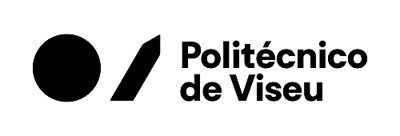



THE IMPORTANCE OF ETHICS IN AGRIFOOD SYSTEMS
A IMPORTÂNCIA DA ÉTICA NOS SISTEMAS AGROALIMENTARES
LA IMPORTANCIA DE LA ÉTICA EN LOS SISTEMAS AGROALIMENTARIOS
Millenium
Instituto Politécnico de Viseu, Portugal
ISSN: 0873-3015
ISSN-e: 1647-662X
Periodicity: Cuatrimestral
vol. 2, no. 25, e36459, 2024
Received: 03 June 2024
Accepted: 15 July 2024
Keywords: food ethics, sustainability, entrepreneurship, food safety
EDITORIAL
THE IMPORTANCE OF ETHICS IN AGRIFOOD SYSTEMS
Currently, agri-food systems have been analyzed from different perspectives, both in terms of the efficiency of using natural resources and the application of good practices in food production, their influence on food quality and safety, and the level of sustainability. However, a fundamental element that is often neglected in this context is Ethics.
The concept of ethical food production is based on three pillars, namely:
- people (from food operators to consumers);
- the planet (centered on environmental sustainability);
- animals (concern regarding animal rights and welfare).
Thus, ethics in agri-food systems covers a wide range of issues, namely the practice of productive and agricultural activities that seek to reduce the carbon footprint, minimize climate change, land degradation, and deforestation, and allow water management to avoid its scarcity and pollution. The implementation of new green business models related to carbon sequestration is essential, as it will help ensure the goal of climate neutrality. “Environmentally friendly” methods must also be followed, allowing the production of crops and animals without harming humans or natural ecosystems. It is essential that the physical and emotional needs of animals are respected, which means providing adequate spaces and access to food and clean water and avoiding cruel practices. It is vitally important to preserve soil, water, biodiversity, and natural resources, and it is essential to adopt agricultural practices that minimize air and water pollution. No less important, it is necessary to guarantee good working and living conditions for those who work and live on farms or in neighboring areas. Workers often face inhumane working conditions, unfair wages, and even physical and psychological abuse. An ethical approach requires respect for basic human rights, ensuring decent working conditions and fair wages for everyone involved in the food production chain.
In terms of food production and logistics, in addition to guaranteeing food quality and safety through HACCP systems, traceability, food labeling, food waste management, and packaging are of fundamental importance. Marketing with issues of price and accessibility, as well as industrial property, which includes patents and brands, are fundamental points that need to be guaranteed. The agri-food sector is one of the main ones in the European Union (EU) and is dominated by small and medium-sized companies (SMEs). However, SMEs face some difficulties when they want to promote innovative change in their business related to the production and marketing of ethical and sustainable food. In this sense, the Erasmus Project entitled “Ethical Food Entrepreneurship” (EFE) (Home - Ethical Food Entrepreneurship (ethical-food. eu)) was designed and developed with the aim of creating some tools aimed at potential entrepreneurs in the food sector that would help them begin this path of change through the creation of various open access manuals and educational resources, always with ethics as a key point to follow. The following documents stand out, available online, completely free of charge, and translated into Portuguese, Finnish, Turkish, and Danish, in addition to the English version:
- Educators Guide to Drivers & Enablers for the Innovation of Ethical Foods (Ramalhosa et al., 2023a): This manual explains what Ethics is according to some of the existing Ethical Theories, namely Consequentialist Theories, which focus on the result of the action; non-consequentialists who focus on “doing the right thing”; and Agent-based theories (Virtue Ethics). The Ethical Matrix is also explained, and it includes three aspects: well-being, autonomy, and fairness. Next, natural food resources are discussed, with an emphasis on agriculture, which, if not practiced sustainably, could cause damage to ecosystems. The European Union, responsible for the ‘Farm to Fork’ strategy (European Commission [EC], 2020), has established the following quantifiable goals for 2030:
1. 50% reduction in the use and risk of chemical pesticides and the use of more dangerous pesticides.
2. At least 20% reduction in fertilizer use.
3. 50% cut in EU sales of antimicrobials for farm animals and aquaculture.
production must consider the appropriate management of allergens, and these must always be indicated on the label. Regarding food waste, 60% can be avoidable. In this way, more sustainable food production and consumption must be promoted, following the 3Rs (Reduce – Reuse - Recycle), production of biofuels (such as biodiesel, biogas), composting of food leftovers, extraction of compounds from food waste for industrial use, etc. Packaging is another essential factor as the EU aims to reduce the use of plastic, highlighting the "European Strategy for Plastics in a circular economy" (European Parliament, 2018). This strategy sets an ambitious target for 2030, which requires all packaging to be reusable, recyclable, or compostable. Establishing short food supply chains is essential, including social, health, and environmental values and implications.
· Ethical Food Entrepreneurship — Good Practice Compendium (Ramalhosa et al., 2023b): This document provides examples of companies from various countries that are concerned with sustainable food production and waste reduction and following sustainable and ethical business models, including chains of supply.
· Innovating Ethical Food - Entrepreneurship Manual (Butterfield, 2023): This document aims to train aspiring entrepreneurs and professionals in the ethical and sustainable food sector at the level of innovation. This manual provides various tools related to market research, ethical business models and business plans, registering a company and protecting intellectual property, financial planning and fundraising, human resources planning and brand promotion.
· Open Educational Resources (Casey & Whyte, 2022-2024): A course was developed consisting of six modules, namely: Module 1 — The Need & the Impact of Ethical Food Business; Module 2 — Critical Steps in Building an Enterprise; Module 3 — Exploring the World of Innovation; Module 4 — Tactics in Ethical Food Operation; Module 5 — Working with People— Communication in Business; and Module 6—Sustainability for the Future.
All of these resources will help create more ethical and sustainable food activities/businesses for the future.
In conclusion, ethics in agri-food systems is not just a matter of moral choice but rather an imperative necessity to ensure a sustainable future for our planet and future generations. As policies and practices related to food production and distribution are debated and developed, it is crucial to place ethics at the center of the discussion and action plan. Only in this way can truly fair, sustainable, and ethical agri-food systems be built.
REFERENCES
Butterfield D. (2023). Manual de Empreendedorismo para Negócios de Alimentos Éticos. https://ethical-food.eu/innovating-ethical-food-entrepreneurship-manual-pt/
Casey & Whyte (2022-2024). Guia do Educador do Curso de Empreendedorismo de Alimentos Éticos. Ermelinda Pereira, Maria João Afonso, Fátima Tomé e Elsa Ramalhosa. Editores do Curso & Guia. ISBN: 978-989-35547-1-5.
Comissão Europeia (2020). Comunicação da Comissão ao Parlamento Europeu, ao Conselho, ao Comité Económico e Social Europeu e ao Comité das Regiões - Estratégia do Prado ao Prato para um sistema alimentar justo, saudável e respeitador do ambiente.
Home - Ethical Food Entrepreneurship (2024). Ethical Food Entrepreneurship. https://ethical-food.eu/
Parlamento Europeu (2018). Estratégia Europeia para os Plásticos na Economia Circular - Resolução do Parlamento Europeu, de 13 de setembro de 2018, sobre uma estratégia europeia para os plásticos na economia circular, 2018/2035(INI). https://www.europarl.europa.eu/doceo/document/TA-8-2018-0352_PT.html
Ramalhosa E., Baser G., Pereira E., Mutlu E. & Saarela A.-M. (2023a). Guia do Educador para Promotores & Facilitadores de Alimentos Éticos. Paula Whyte (Ed.). ISBN: 978-989-33-5696-8.
Ramalhosa E., Baser G., Pereira E., Mutlu E., Saarela A.-M., Butterfield D. & Whyte P. (2023b). Empreendedorismo Alimentar Ético – Compêndio de Boas Práticas. Paula Whyte (Ed.). ISBN: 978-989-35547-0-8.
Regulamento (UE) N.º 1169/2011 do Parlamento Europeu (2011). Prestação de informação aos consumidores sobre os géneros alimentícios, que altera os Regulamentos (CE) n.º 1924/2006 e (CE) n.º 1925/2006 do Parlamento Europeu e do Conselho e revoga as Directivas 87/250/CEE da Comissão, 90/496/CEE do Conselho, 1999/10/CE da Comissão, 2000/13/CE do Parlamento Europeu e do Conselho, 2002/67/CE e 2008/5/CE da Comissão e o Regulamento (CE) n.º 608/2004 da Comissão. https://eur-lex.europa.eu/legal-content/pt/TXT/?uri=CELEX:52011PC0475

